DWC Pipe Manufacturer in Gujarat
Product Details:
- Pressure Ratings 450N
- Usage Underground Cable Laying Purpose
- Shape Round
- Life Span 50 Years
- Connection Type Snap-fit Joint
- Diameter 40 mm to 600 mm Meter (m)
- Application Cable Purpose
- Click to View more
DWC Pipe Manufacturer in Gujarat Price And Quantity
- 1000 Meter
- 25 INR/Meter
DWC Pipe Manufacturer in Gujarat Product Specifications
- 450N
- Underground Cable Laying Purpose
- Round
- 50 Years
- Snap-fit Joint
- Cable Purpose
- 40 mm to 600 mm Meter (m)
- 450N
- 6000 Ton Yearly Ton
- 450N N/cm2
- HDPE
- Customized
- 6 Meter length
- HDPE Pipes
- Any manufacturing Defact 1 Year
- Double Wall Corrugated pipes
- Customized
- Elbows Tees Couplings
DWC Pipe Manufacturer in Gujarat Trade Information
- VADODARA
- Cash Advance (CA) Cash in Advance (CID) Cheque
- 100000 Meter Per Week
- 1 Days
- Truck Load
- Asia Australia Central America North America South America Eastern Europe Western Europe Middle East Africa
- All India
Product Description
A DWC (Double Wall Corrugated) pipe is a type of pipe known for its robust construction, durability, and versatility. It™s commonly used in civil engineering and infrastructure projects, especially for applications requiring strong, long-lasting drainage or conduit solutions.
Key Features of DWC Pipe:
-
Double Wall Construction:
-
Inner Smooth Wall: The smooth inner wall of the pipe ensures easy and efficient flow of liquids, reducing the chance of blockages.
-
Outer Corrugated Wall: The outer wall is corrugated (having a series of ridges and grooves) which provides high strength, resistance to external pressures, and protection against external impacts, such as compression or soil weight.
-
-
Material:
-
Most DWC pipes are made from High-Density Polyethylene (HDPE), a type of thermoplastic known for its strength, flexibility, and resistance to chemicals, UV rays, and environmental stress.
-
-
Corrosion Resistance:
-
DWC pipes are resistant to corrosion, which makes them ideal for use in environments where they may be exposed to harsh chemicals or moisture, such as sewerage systems or stormwater drainage systems.
-
-
Durability:
-
The combination of the smooth inner wall and tough outer corrugated layer allows DWC pipes to handle mechanical loads and pressures, making them a preferred choice for underground installations.
-
-
Lightweight:
-
Despite their strength, DWC pipes are relatively lightweight compared to traditional concrete or steel pipes, making transportation and installation easier and cost-effective.
-
-
Flexibility:
-
These pipes are flexible, which means they can withstand ground movement (such as shifting or settling soil) without cracking or breaking.
-
-
Weather and UV Resistance:
-
They are highly resistant to environmental factors like UV rays, so they can be used outdoors without the concern of degradation from the sun or other weather elements.
-
Applications of DWC Pipes:
DWC pipes are used in various sectors, including:
-
Stormwater Drainage:
-
They are widely used for stormwater drainage systems due to their ability to withstand high external pressure and resist clogging.
-
-
Sewerage and Wastewater Systems:
-
DWC pipes are commonly used for underground sewage and drainage networks as they prevent leakage and minimize maintenance needs.
-
-
Telecommunication and Electrical Conduits:
-
DWC pipes can also be used as protective conduits for cables and wires in telecommunications or electrical installations, providing protection against mechanical stress and environmental elements.
-
-
Agricultural and Irrigation Systems:
-
They are sometimes used for irrigation and water supply systems, as they can handle various pressures and resist weathering.
-
Advantages of DWC Pipes:
-
Cost-effective: They are generally more affordable compared to traditional pipes like concrete or metal pipes, especially in terms of transportation and installation.
-
Easy Installation: Due to their lightweight and flexible nature, installation is quicker and more straightforward, which reduces labor costs.
-
Long Lifespan: DWC pipes are designed to last for many years, often with a lifespan of 50 years or more, depending on the application and maintenance.
-
Environmental Benefits: They are made from recyclable materials, contributing to sustainability in construction projects.
Standard Colors:
-
Orange DWC Pipe: Often used for stormwater drainage or sewage systems, the orange color can signify specific applications depending on the region (e.g., sewerage lines).
-
Black or Other Colors: Different colors can be used depending on the pipe's intended use (e.g., black pipes for telecommunication or electrical conduits).
In summary, DWC pipes are durable, cost-effective, and highly versatile pipes that are used in a wide range of infrastructure and utility applications. Their design provides the perfect combination of strength, flexibility, and corrosion resistance, making them ideal for underground systems and harsh environments.

Price:
- 50
- 100
- 200
- 250
- 500
- 1000+

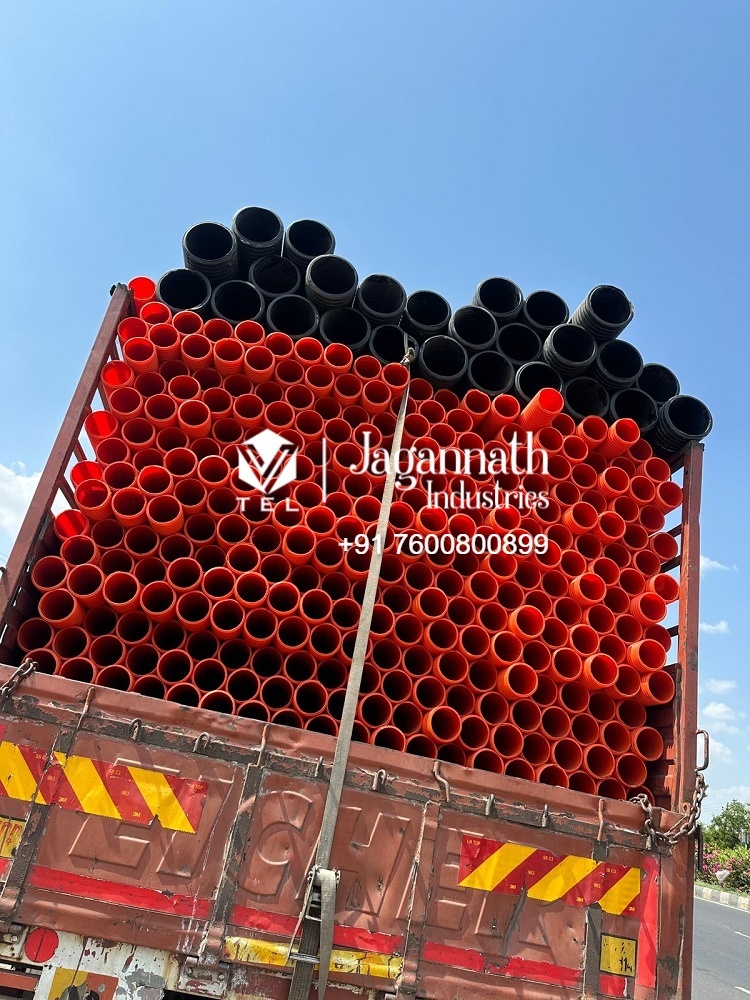
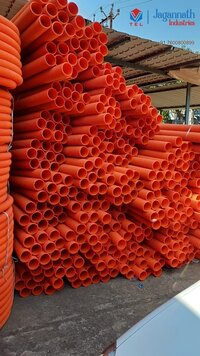
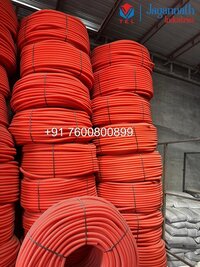
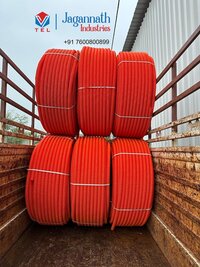
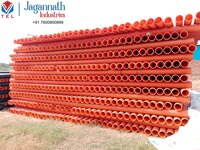
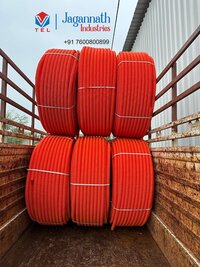






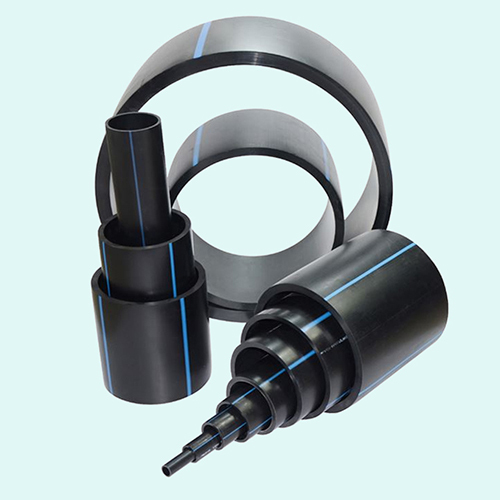
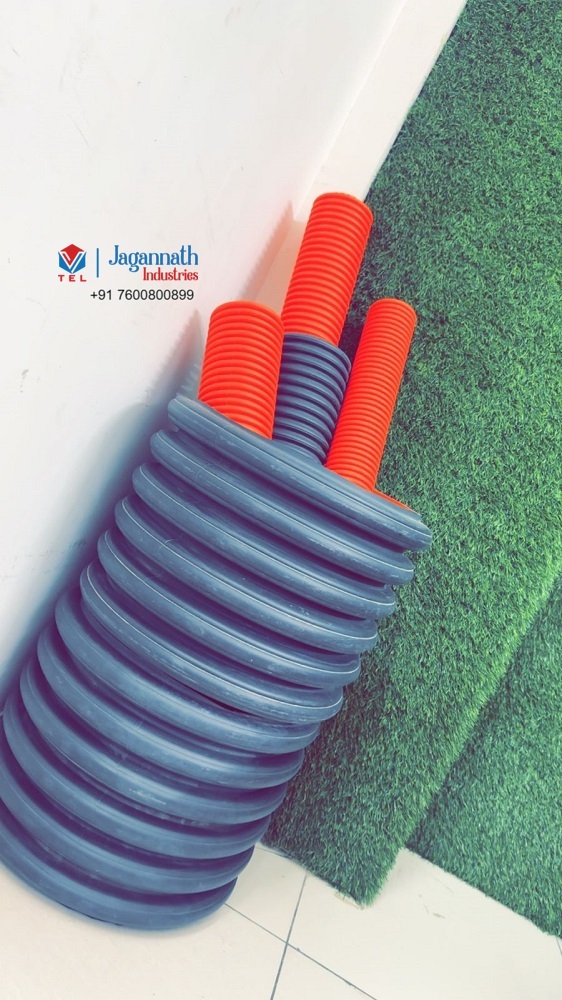
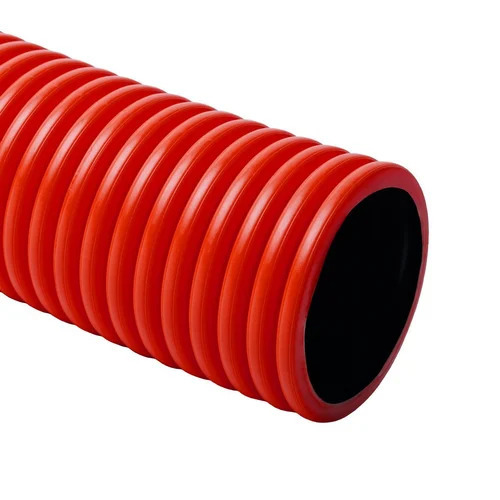
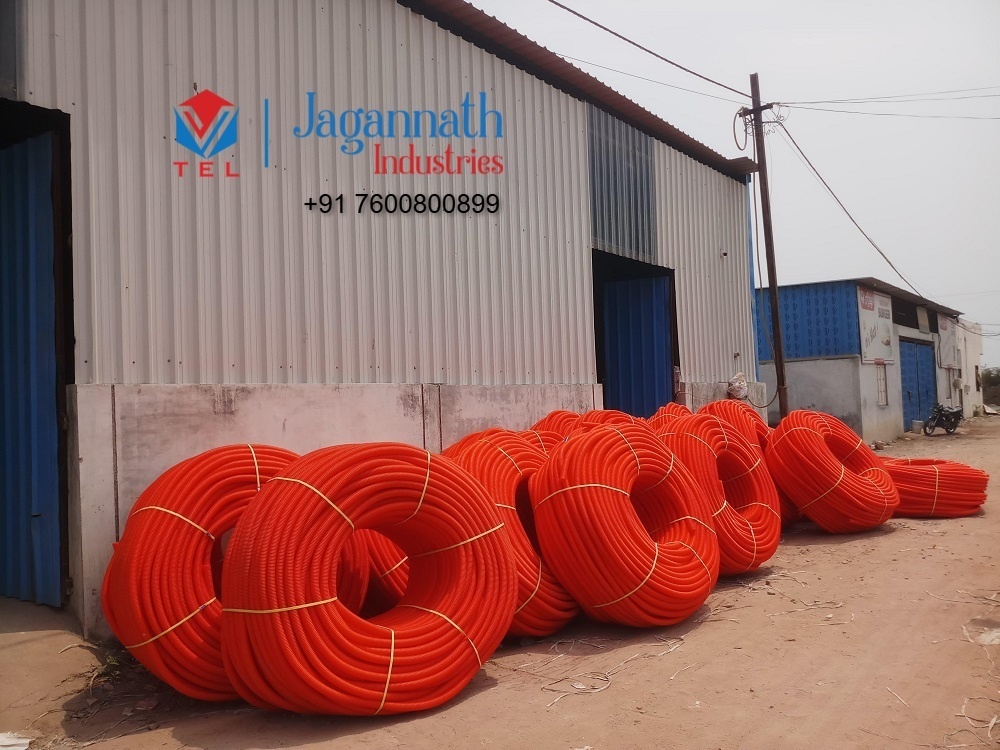


 Send Inquiry
Send Inquiry Call Me Free
Call Me Free